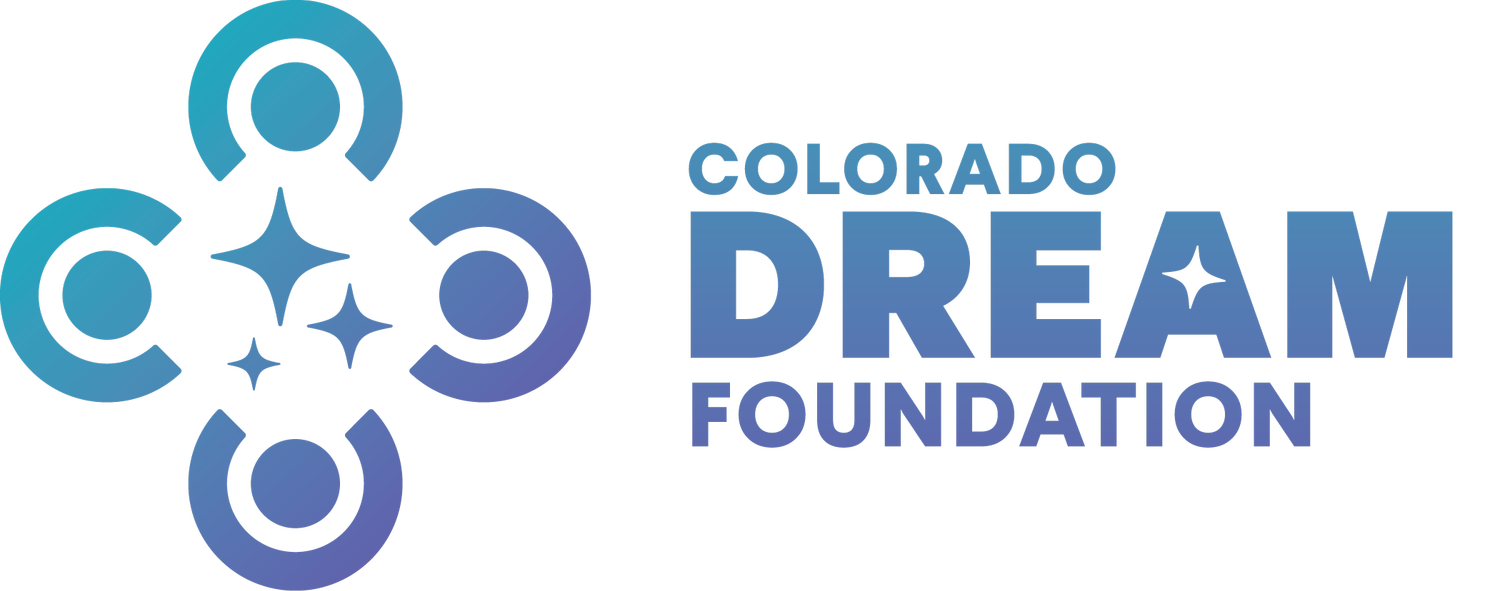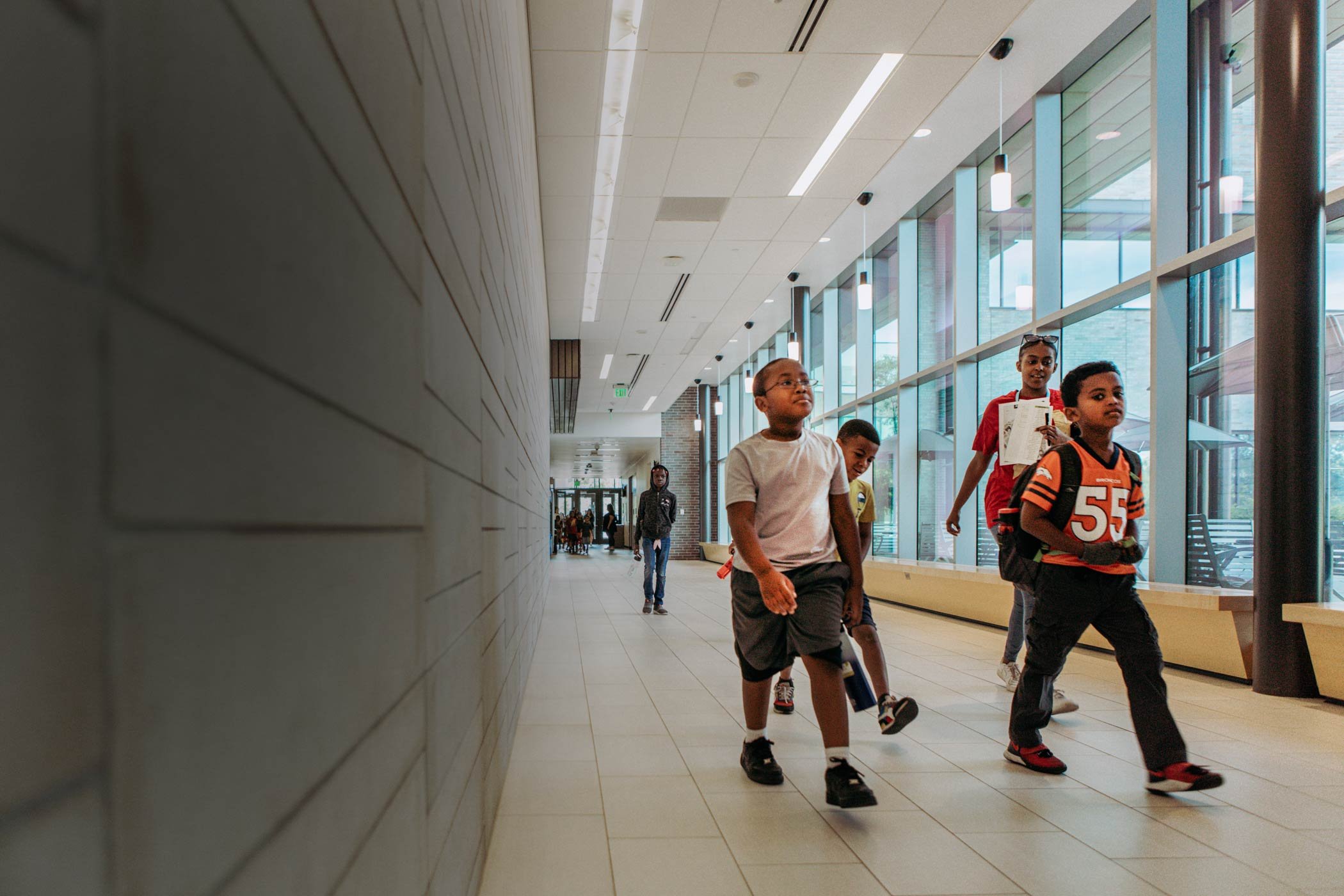Emotional Wellness Development
Our emotional wellness supports include social emotional learning in the classroom and individual clinical services.
According to the CDC…
1 in 5
Americans will experience a mental illness
50%
of youth with a mental health disorder receive therapy
72%
of communities do not have enough mental health providers
2x
Death by suicide of black youth (under 13) is 2x that of white youth
The leading cause of death for youth ages 10-14 in Colorado is suicide
If you or someone you care about needs mental health support, we are available for one-on-one therapy. Please complete the referral form, and someone will be in touch with you shortly to connect you with one of the members of our Clinical Team.
Therapeutic Services
The members of the Clinical Dream Team provide individual and small group therapy sessions to community members ages four through adulthood. Our dedication lies in assisting everyone who seeks our support to go from surviving to thriving. We prioritize utilizing best practice methodologies to tailor our approach to each client's individual needs.
Have you heard?
Our Therapeutic Services program has a new name -
Beyond Dreams Therapy at Colorado Dream Foundation
Please visit our new website to learn more and to submit a referral for therapy
ATTENTION
If you, or someone you know, are experiencing a mental health crisis or having thoughts of suicide, you should seek help immediately. Please go to your nearest emergency or use one of the resources below, 24 hours a day - 7 days a week.

Social Emotional
Learning
Youth in the after school enrichment program are exposed to daily lessons to expand their knowledge and understanding of the following areas:
Self-awareness - considering and understanding your own emotions, thoughts, values, and experiences, and how these can influence your actions
Self-management - regulating and controlling their emotions, thoughts, and behaviors
Responsible decision making - ability to make positive and constructive choices
Social awareness - ability to empathize with others, take the perspective of others, your awareness of others in a group, and your ability to make sure you are treating others fairly
Relationship skills - ability to make positive connections with others
Personal responsibility - ability to make ethical decisions based on mutual respect and appropriate culturally-relevant social norms
Optimistic thinking - one’s sense of optimistic and hope for the future
Goal directed behavior - ability to manage self in order to set and achieve goals
What The Research Says About
Focusing on Emotional Wellness
According to the Collaborative for Academic and Social Emotional Learning (CASEL), when youth have supportive relationships and opportunities to develop and practice their social, emotional, and cognitive skills across different environments and people, their overall academic learning increases.
Interventions that address the core social-emotional competencies, increased academic performance by 11% and showed improved classroom behavior. Youth also showed an increased ability to manage stress and depression and had better attitudes about themselves, others, and school.










